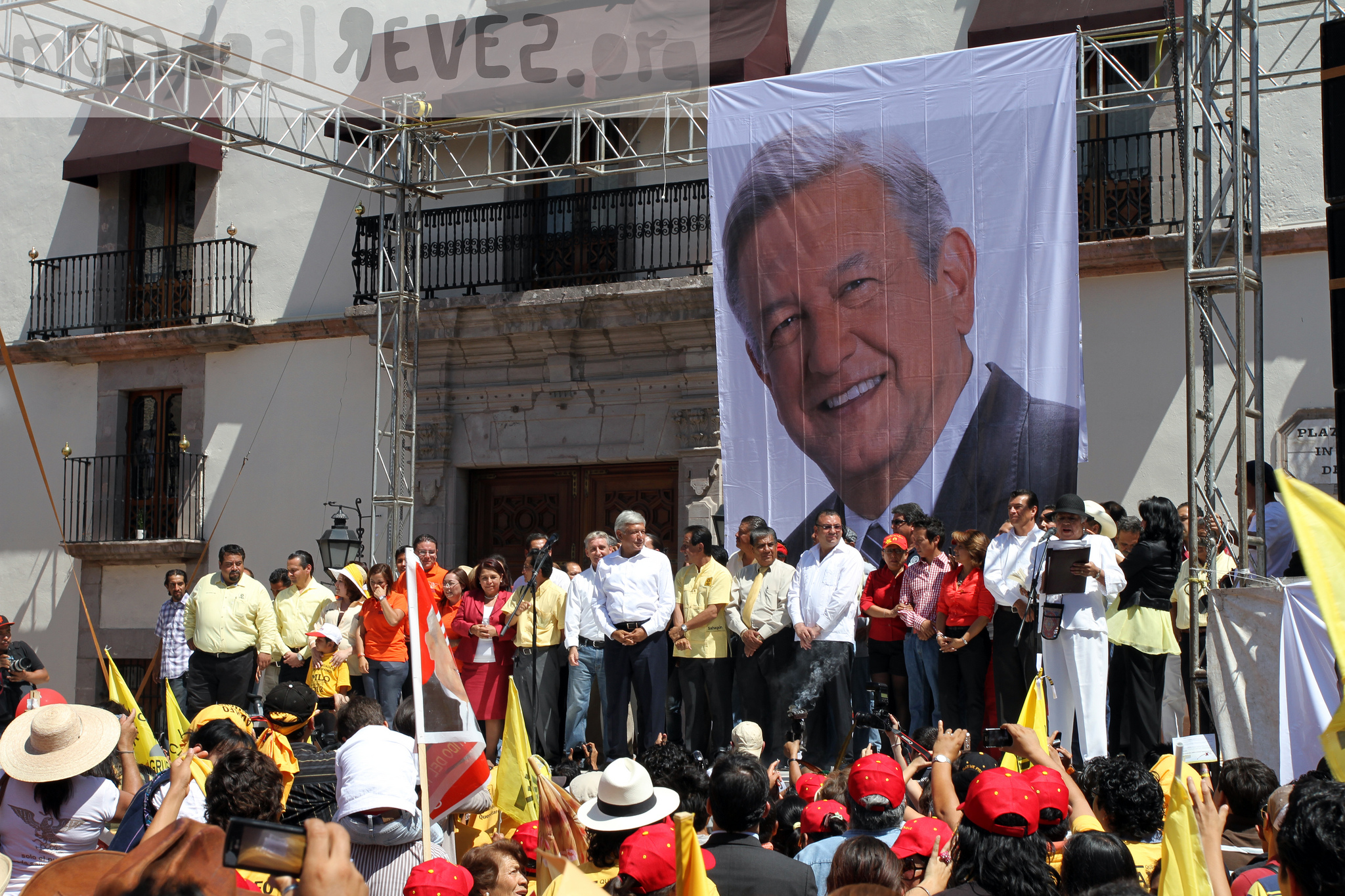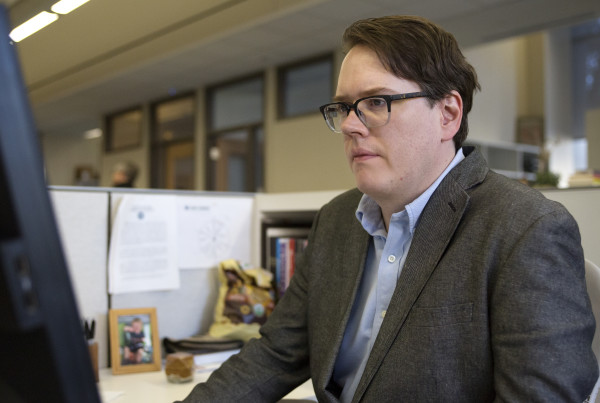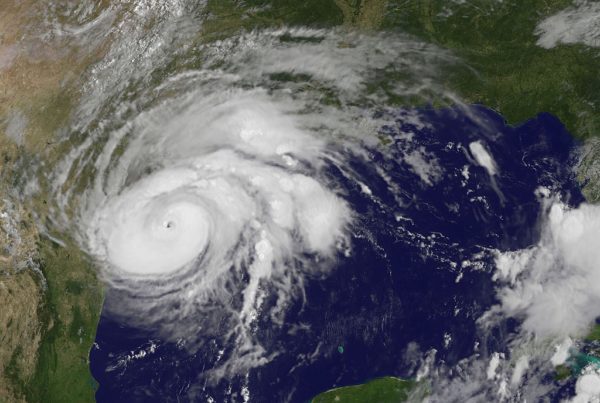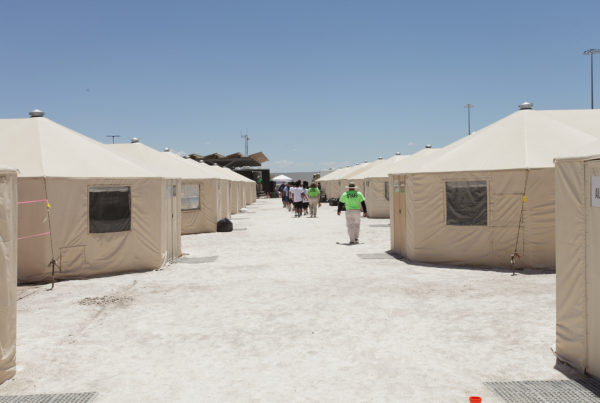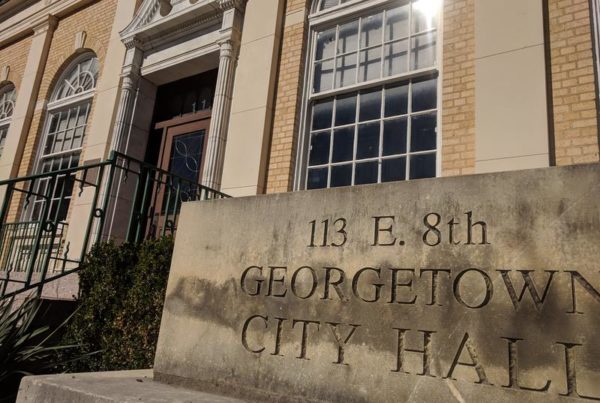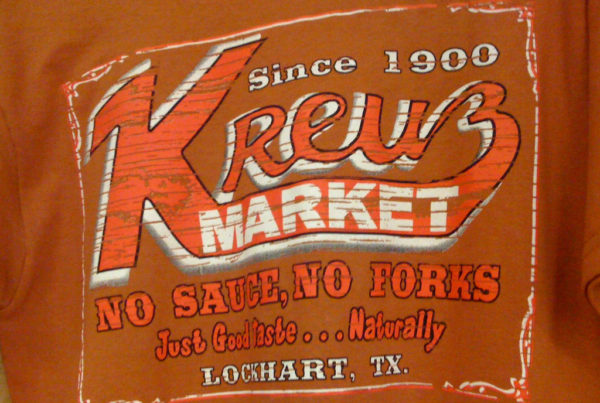On Saturday, Mexico will inaugurate a new president who campaigned on a “Mexico First” platform.
Alfredo Corchado, Mexico-border correspondent for The Dallas Morning News and author of the book “Homelands,” says Mexicans, in general, are hopeful that Andrés Manuel López Obrador, or AMLO as the president-elect is known, will bring change to the country. But they’re also skeptical because the country has elected the leader of an opposition party before – Vicente Fox served as president from 2000 to 2006.
“Mexicans have seen this ‘movie’ before,” Corchado says. “[Fox] came riding high, generating so many high expectations, and only to crash land. AMLO has promised many of the similar things.”
Those things include ending the drug war, ending corruption, restoring security and ending poverty. But Corchado says many Mexicans see those as lofty goals.
AMLO has also said that he wants to be different than his predecessor, Enrique Peña Nieto. Corchado says some Mexicans have accused Peña Nieto of being a lackey for Trump. AMLO wants to avoid that kind of reputation, but he says that could be hard because AMLO will likely have to work closely with Trump, since the two countries are so interconnected.
“The vast majority of trade goes through Texas that it’s hard to imagine what kind of wiggle room AMLO will have with Trump … other than maybe becoming much more vocal, much more a staunch supporter of Mexican dignity, if you will,” Corchado says.
But some business leaders are skeptical whether AMLO will be good for the Mexican and U.S. economies. The president-elect recently backed out of a plan for a new airport near Mexico City, for example. Corchado says some in Texas are nervous.
“There are people who are not making long-term plans, and people who are watching the stock market very closely and watching how the markets react in the first few days … of AMLO’s presidency,” Corchado says.
Corchado says one Mexican official he spoke with says AMLO will likely try to reassure the business community during his inauguration speech that Mexico is “open for business.” Indeed, Corchado says Mexicans are waiting to see whether AMLO will govern based on ideology, or whether he’ll be more pragmatic and try to appeal to the private sector. Corchado says AMLO has proved to be pragmatic in the past, when he held political office and served as the Head of Government in Mexico City.
But in the meantime, the most pressing matter between the U.S. and Mexico is immigration. Corchado says AMLO plans to begin talking with Central American leaders as soon as he’s inaugurated Saturday, especially because migrants from those countries who are now in Mexico will be in danger as winter approaches and temperatures drop.
“This is gonna turn into an even bigger humanitarian crisis, and I think AMLO understands that this is the moment when the United Staes and Mexico have to come together,” Corchado says. “Mexico has to stop acting like it’s a transit point for immigrants and start creating job opportunities.”
In a time when Latin America is seeing a rise in autocratic leaders, Corchado says AMLO’s election is also part of that trend, at least in some ways. Corchado characterizes him as a “strongman” and a “populist leader.” But he says he’s also pragmatic, which could be helpful when dealing with the U.S. and some of President Trump’s own strongman tactics.
“He understands that with Donald Trump … the honeymoon will be very, very short,” Corchado says. “For López Obrador, it’s gonna be constantly, constantly, trying to find the middle ground and questioning, Is there even the political will on the part of the White House to try to meet Mexico in the middle of the road?“
Corchado has been covering the U.S.-Mexico relationship for many years and says he’s skeptical about Mexico and the U.S. finding common ground, at least with AMLO and Trump both in office.
“You’re talking about two people who are very much of a populist, nationalist, anti-establishment bent, and they can easily inflame the passions of their base,” Corchado says. “None of these two men want to be questioned, they don’t want to be confronted – it’s their way or the highway. So, it’ll be interesting to see how López Obrador reacts to all this.”
He says the U.S. has the advantage over Mexico because it has the larger economy, and ultimately, any tensions are going to affect people in the border region the most.
“It’s gonna go back and forth and the border’s gonna be stuck right in the middle,” Corchado says.
Written by Caroline Covington.


